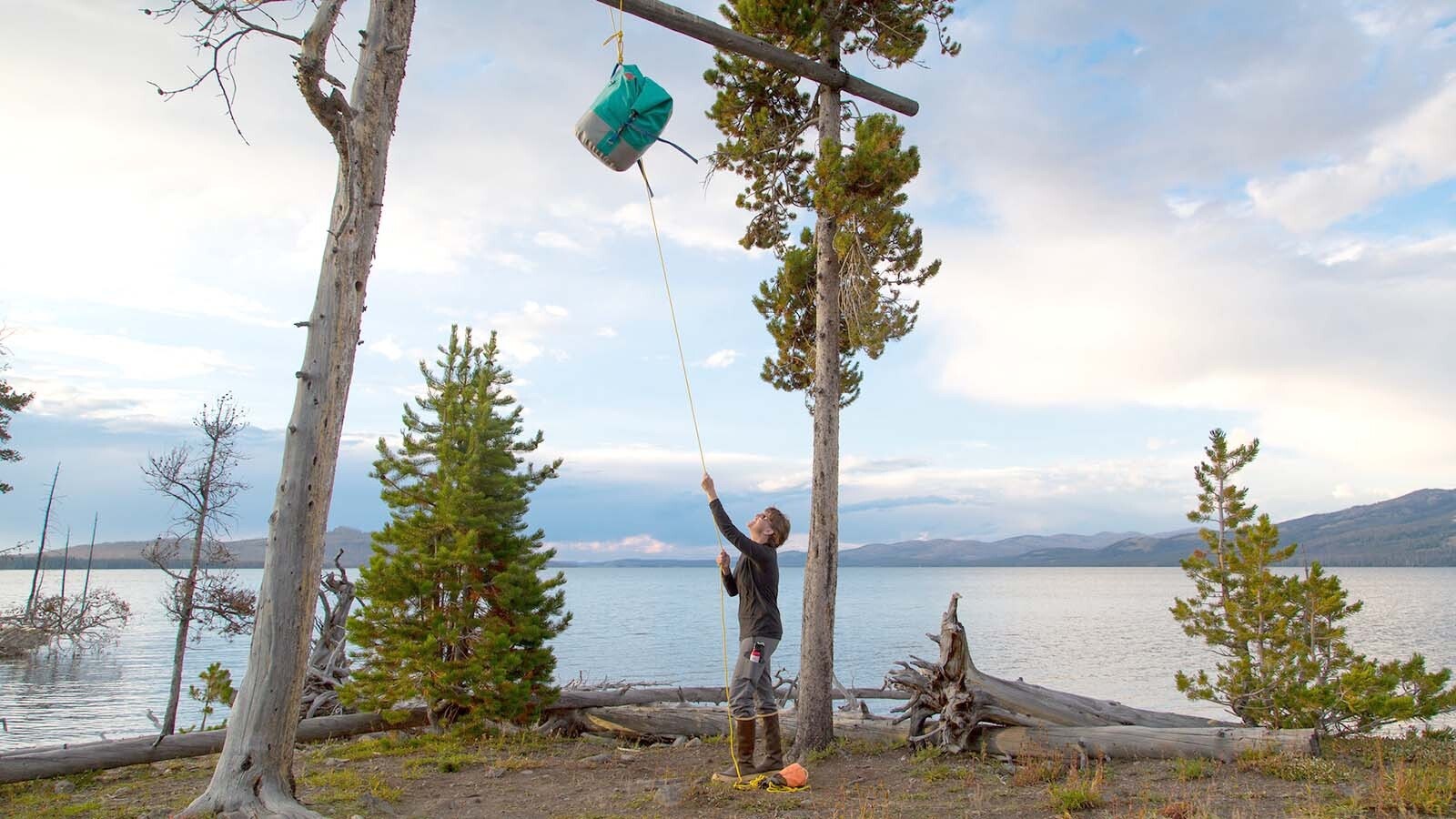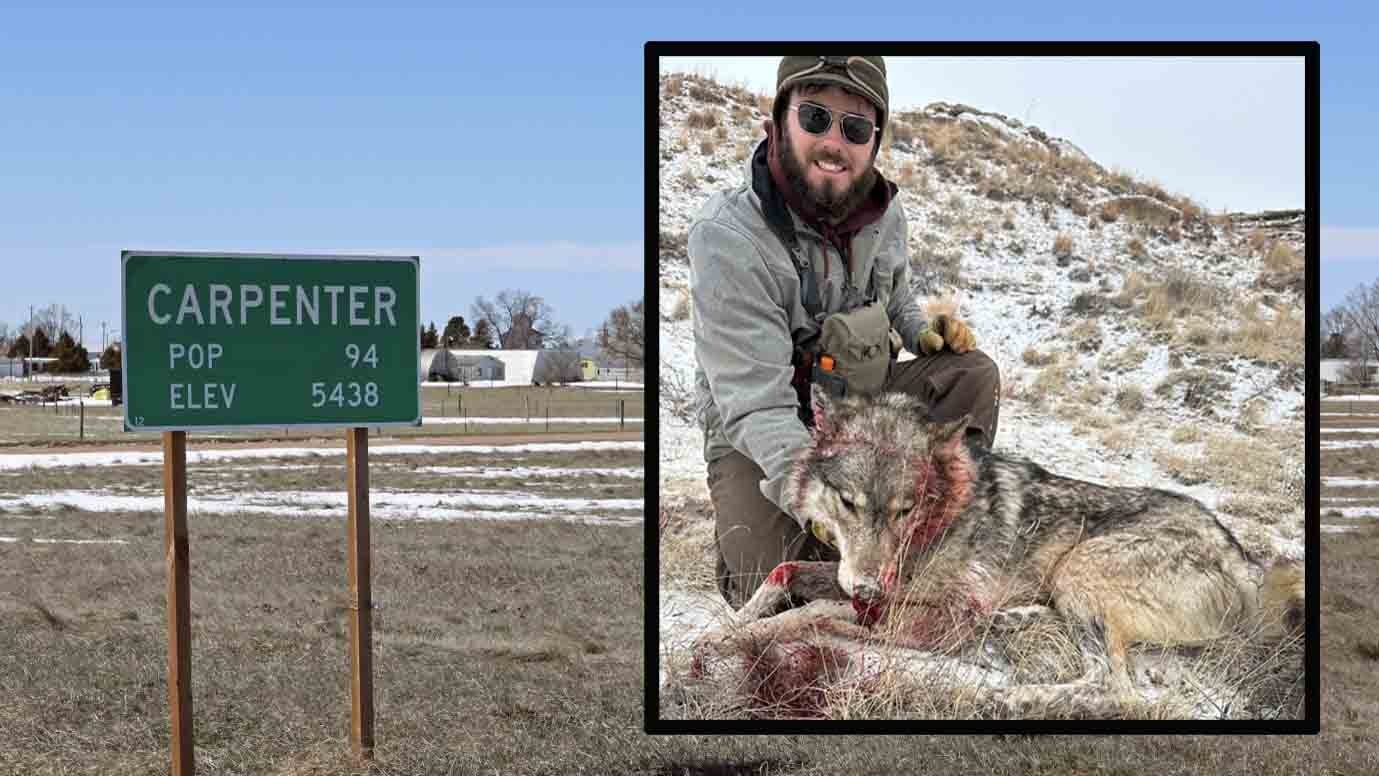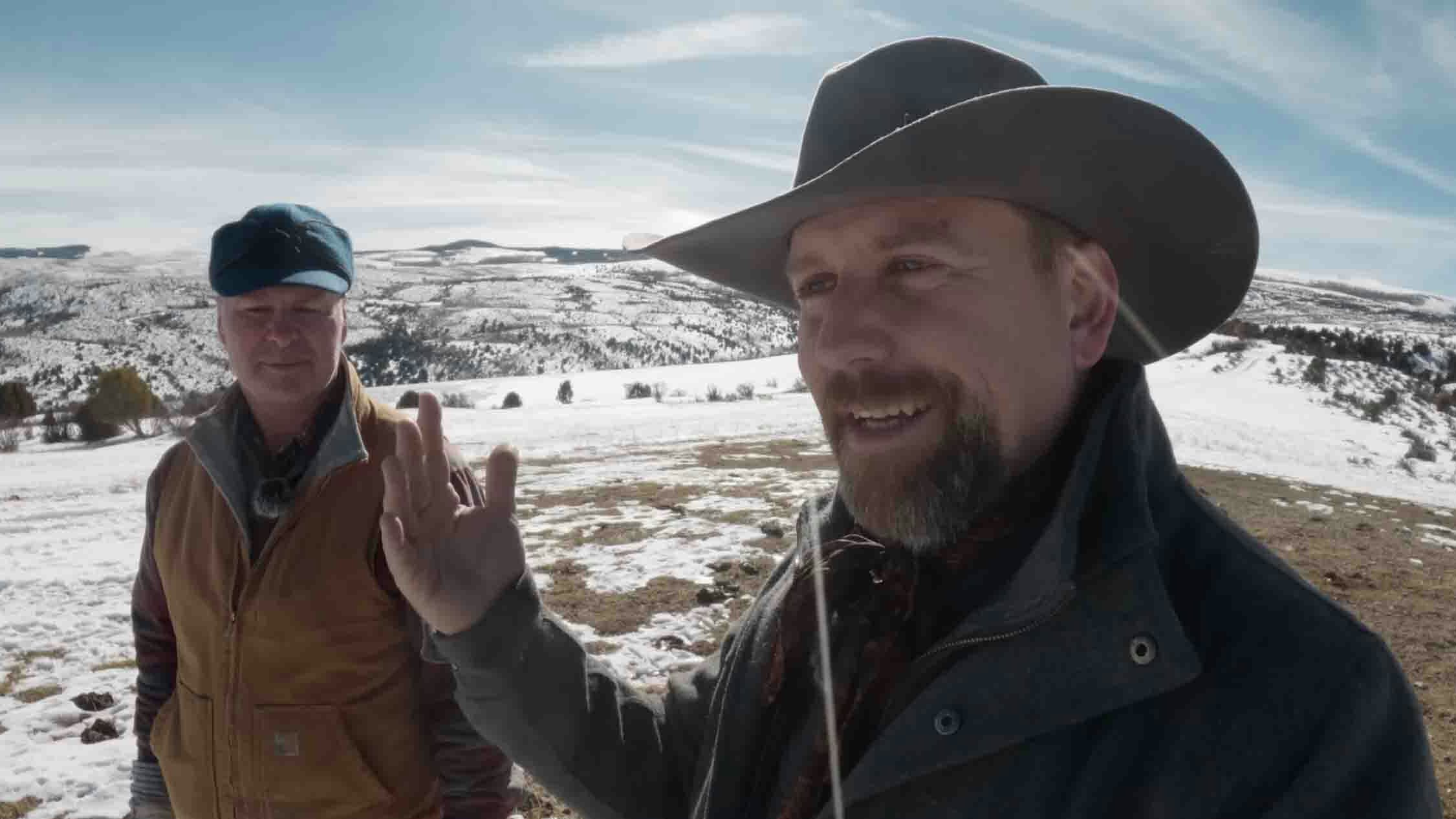A Yellowstone National Park black bear with a taste for human food and willing to dangerously ransack campsites to get it was “lethally removed” from the area, the park announced Thursday.
The National Park Service reports that a determined adult female black bear had to be killed July 11 after “a series of concerning incidents” at a backcountry campsite located in the Blacktail Deer Creek drainage.
It was the first black bear to be put down by Yellowstone wildlife officials in five years.
Between June 7 and July 11, the black bear crushed an unoccupied tent, tore down a food storage pole, accessed “properly stored food bags,” and consumed all the food inside, the report says.
Because the bear had benefited from its destructive behavior and could potentially pose a threat to people, Yellowstone staff deemed it necessary to kill the bear.
Dan Thompson, large carnivore specialist with the Wyoming Game and Fish Department, couldn’t comment on the specifics of the incident in Yellowstone. However, he supports the decision to kill the bear.
“We are intolerant of human food-conditioned bears, black or grizzly,” he told Cowboy State Daily. “Bears displaying those behaviors have crossed a line in regard to human safety, and any black bears we deal with displaying those behaviors are lethally removed.”

Human Food Frenzy
Bears are regularly relocated or euthanized after becoming conditioned to human food, livestock or livestock feed.
Yellowstone biologists said this black bear was exhibiting a clear and concerning pattern of behavior that included destroying property to obtain a “significant reward” in the form of human food.
Grizzlies are more often associated with this pattern of human-conditioned behavior.
Earlier this year, an 11-year-old grizzly was captured and killed in Yellowstone after overturning several 800-pound bear-proof dumpsters and tearing up bear-resistant trash cans at Old Faithful, the Nez Perce Picnic Area and the Midway Geyser Basin.
Incidents with black bears are much rarer. This black bear was the first killed in Yellowstone since July 2020, when a female black bear bit a woman and nearly bit a child while trying to access human food at a backcountry campsite near the Hellroaring Trailhead.
“The risk of being injured by a black bear while in backcountry campsites in Yellowstone National Park is approximately 1 in 850,000 overnight stays,” said Yellowstone Bear Management Biologist Kerry Gunther at the time of the 2020 incident. “Although the risk is low, the park recommends that backcountry campers carry bear spray while hiking and when in camp. Hang food from the food pole at all times except when cooking or eating.”
Unbearable Actions
The black bear killed July 11 demonstrates the tenacity of bears when they know where, when and how to obtain human food, according to Yellowstone National Park.
Yellowstone biologists say these incidents are unusual, especially for black bears. However, a common consequence of bears becoming “food-conditioned” is that they will behave more aggressively around humans to get at any food they’re carrying.
Management actions like these are rare within the boundaries of a national park, making this a bad year for bears in Yellowstone. This black bear and the grizzly killed in May make two bears killed within the park’s boundaries so far in 2025.
One important takeaway is that this most recent incident was not caused by human negligence, Thompson said. That’s usually how bears become human-conditioned.
“There are many times bears obtain food at sloppy campsites, or in situations of people ignoring food/attractant storage orders,” he said. “Some egregious situations occur with people feeding bears, though luckily these are fairly rare.”
Each of Yellowstone’s 293 backcountry campsites is equipped with either a food storage pole or a bear-resistant storage box. Backcountry campers are required to hang food from the poles or secure it in the boxes at all times, except when cooking or eating.
Park officials said all the human food at the backcountry campsite where the incidents occurred was “properly stored.” Even so, the black bear figured out how to tear down the poles and get to the food.
This bear was definitely smarter and more dangerous than the average bear, which further justified the decision to kill it, according to YNP. There was every reason to believe it would have continued its destructive behavior, which would inevitably lead to a conflict with other backcountry campers.
“We go to great lengths to protect bears and prevent them from gaining access to human food in all areas of the park,” Gunther said in the park’s Thursday statement. "But occasionally, a bear outsmarts us or overcomes our defenses.
“When that happens, we sometimes have to make the difficult decision to remove the bear from the population to protect people and property."
Andrew Rossi can be reached at arossi@cowboystatedaily.com.





